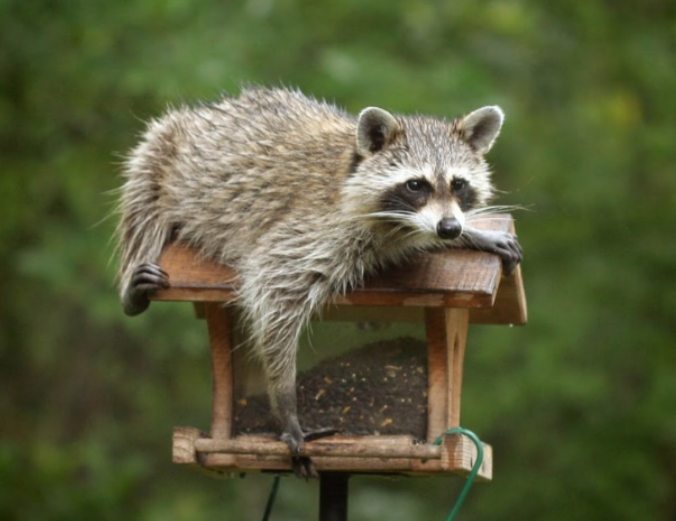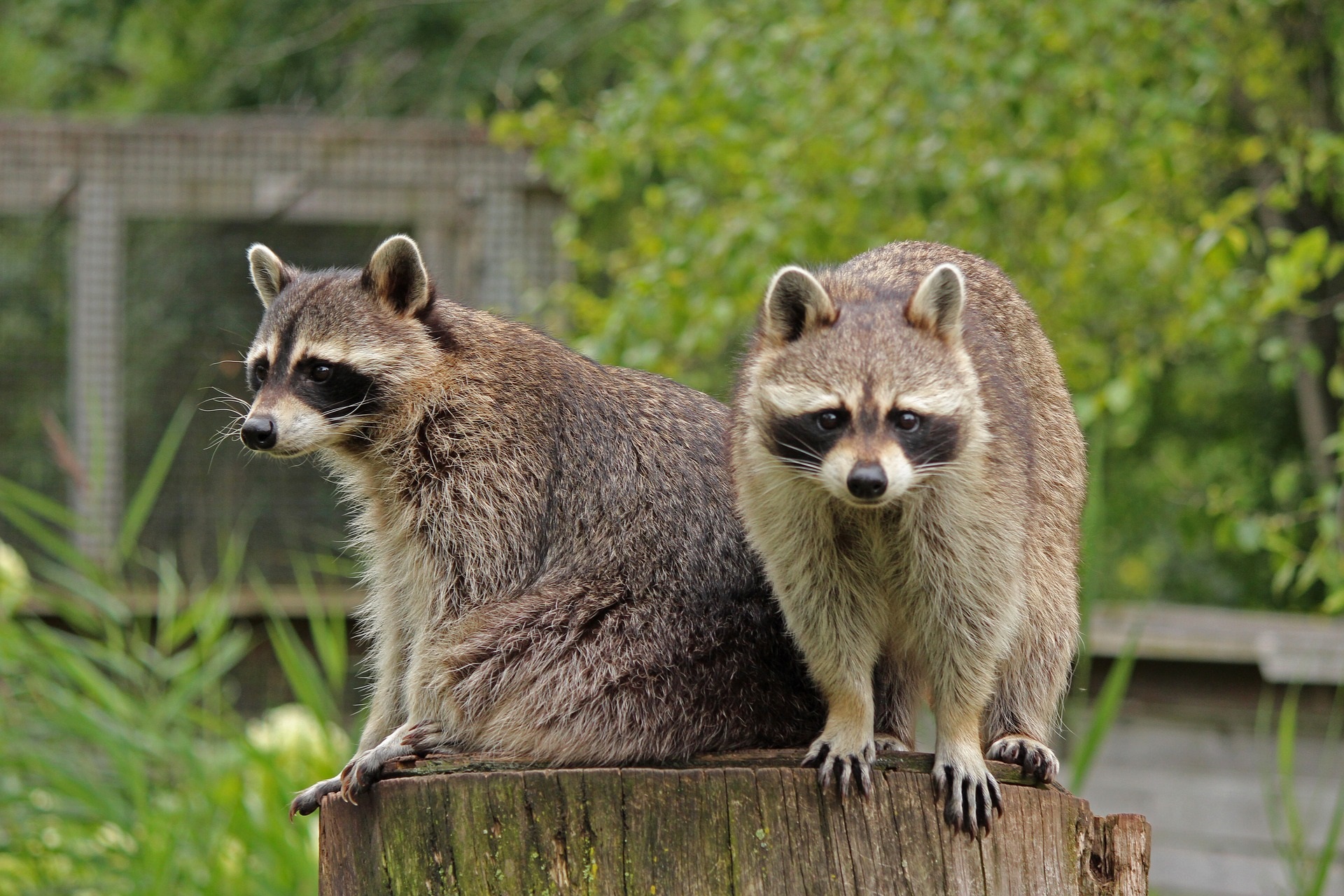WildSafeBC said calls about raccoons have been on the rise over the last few years, with an increasing number of calls already this season.
“There have been reports of raccoons digging up irrigation hoses to access the bugs surrounding them, digging up grass in yards and getting into garbage,” said WildSafeBC. “Raccoons can cause significant damage to gardens, buildings, crops, and livestock in their search for food and denning sites.”
The wildlife education organization said it’s important that raccoons don’t become food-conditioned or human-habituated, because they can become more aggressive towards people and pets.
“People should not approach raccoons, but can scare them away by yelling, clapping, or making noise.”
Although raccoons don’t pose much of a threat towards people due to their small size, cats and dogs could be seriously injured or killed in an encounter.
Raccoons can also carry a parasitic roundworm that can be transmitted through contact with fecal matter. If cleaning an area raccoons have been, WildSafeBC said it’s important to wear a mask, goggles, and gloves.
There are some things people can do to keep raccoons moving through the area. WildSafeBC said that can include keeping all garbage securely stored, feeding pets indoors, taking bird feeders down until winter, and never feed raccoons.
Below are six tips provided by WildSafeBC to avoid conflict with raccoons:

- Keep all garbage securely stored until the day of collection
- Placing garbage at the curb before collection day is just inviting trouble with wildlife
- Feed pets indoors
- If fed outdoors, take in any feed that is not immediately eaten
- Take birdfeeders down until winter
- If raccoons are present in the winter, take bird feeders in at night
- Keep pet doors locked at night
- Raccoons will enter homes if they feel they can get a meal on the other side of a pet door
- Never feed raccoons even though you may think you are helping them
- Raccoons have evolved to live without our help and feeding just leads to conflict
- Keep barbeque grills and grease traps clean
- Raccoons will quickly key in on high-calorie food sources
If you see a raccoon acting aggressively, WildSafeBC said residents should call the B.C. Conservation Officer Service reporting line at 1-877-952-7277 (RAPP).
*** Story by Josiah Spyker ***




